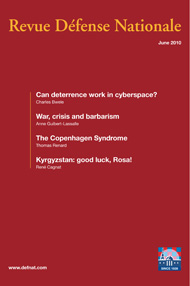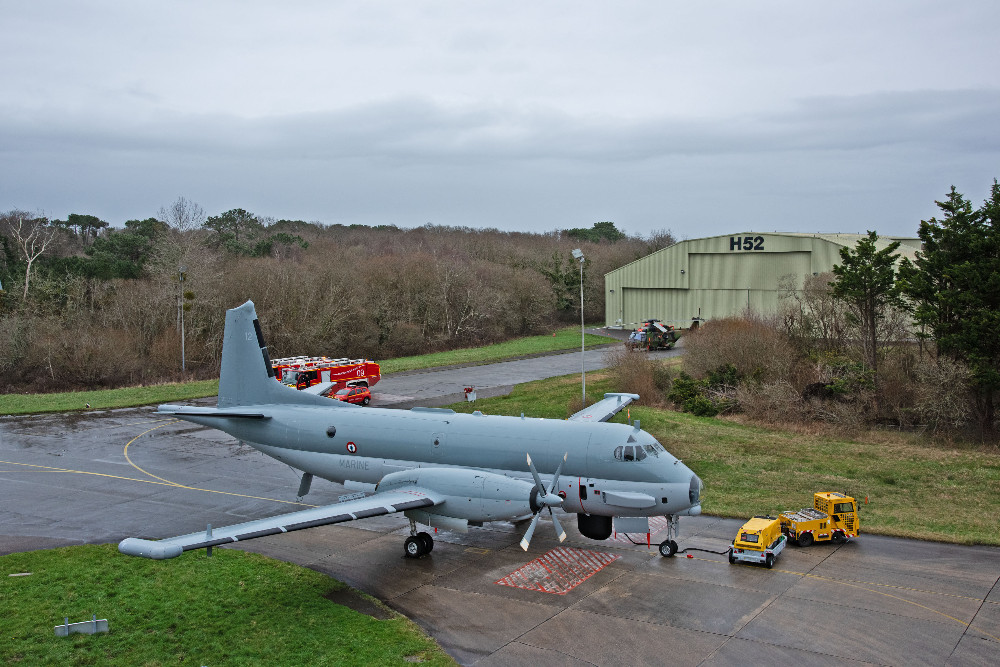Edition anglaise

June 2010 - n° 731
Editorial - Anthony Hervey
Ungoverned domains such as outer space and the Internet are sources of potential conflict that deserve serious study. In our leading article, Charles Bwele asks how a state or organisation can be prevented from launching a cyberattack against another nation’s vital infrastructure. How can they be deterred and how can the proliferation of cyberweapons be monitored? The current approach to the problem by world leaders, which the author thinks is mistaken, results from their difficulty in understanding the finer points of cybersecurity. Read more
Can deterrence work in cyberspace? - Charles Bwele
How can a state or organisation be prevented from launching a cyberattack against the vital systems of a nation? How can they be deterred from this and how can the proliferation of cybernetic weapons be monitored? Charles Bwele gives his thoughts on cyber-deterrence.
War, crisis and barbarism - Anne Guibert-Lassalle
Western public opinion’s current confusion over the war in Afghanistan has its roots in the long and tragic history of the region. Since ancient times, Europeans have been both fascinated and appalled by the Persian world. This fantasy of the barbarian was not entirely eradicated by twentieth century social sciences, which are still very conscious of their failure to define warfare.
The Copenhagen Syndrome - Thomas Renard
By analysing the diplomatic fiasco of the Climate Change Conference of 2009, the author identifies six symptoms of the emerging new world order that in his view constitute the Copenhagen Syndrome.
Kyrgyzstan: good luck Rosa! - René Cagnat
President Rosa Otunbayeva is apparently a tough character: she will need to be if she is going to lead her provisional government to a safe harbour! In Bishkek the obstacles to the exercise of power, internal and external, are sizeable and numerous.






_astronaut_Sophie_Adenot_(jsc2025e058846_alt).jpg)

